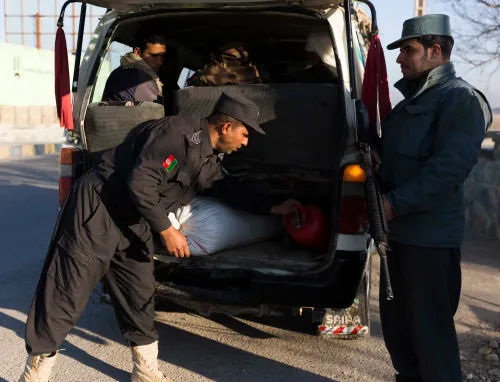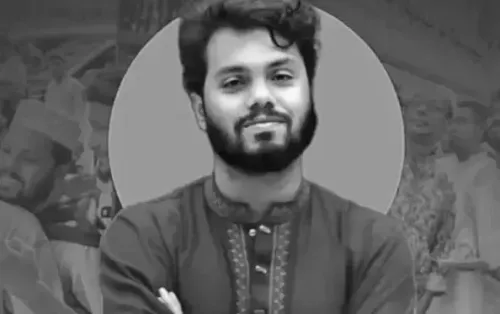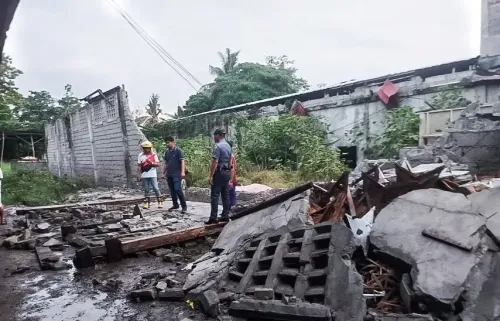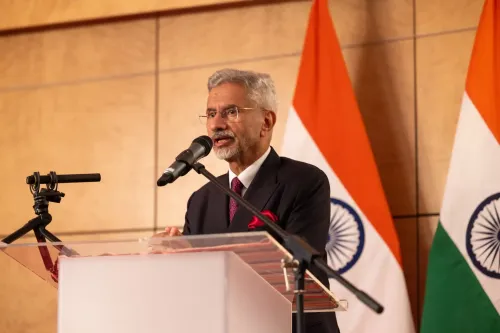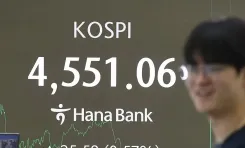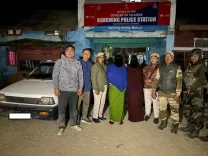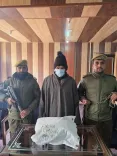Why Were 244 Awami League Leaders and Activists Arrested?
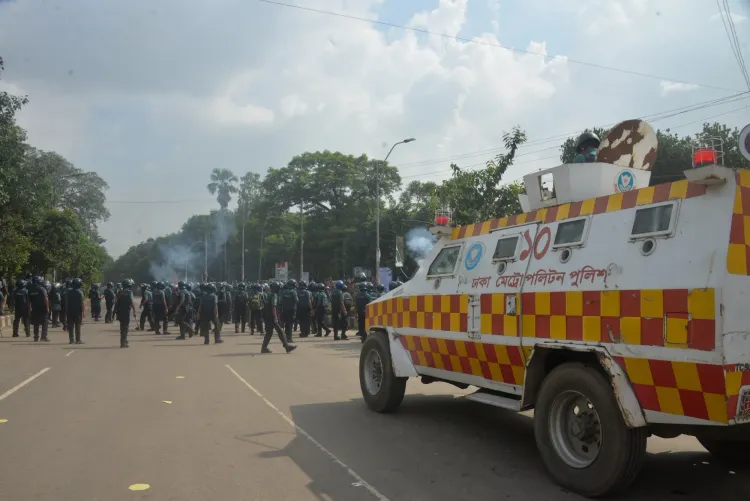
Synopsis
Key Takeaways
- 244 Awami League leaders arrested during flash processions.
- Authorities claim participants threatened public order.
- Police have previously arrested over 500 Awami League activists.
- Allegations of political suppression under the Yunus administration.
- Concerns raised about the future of political dissent in Bangladesh.
Dhaka, Sep 25 (NationPress) Bangladesh police have detained at least 244 leaders and activists from the Awami League and its associated organizations following a flash procession in Dhaka, according to local media reports.
During a press briefing, Dhaka Metropolitan Police (DMP) Additional Commissioner (Crime and Operations) SM Nazrul Islam disclosed that these arrests occurred amidst flash processions.
The arrests took place in areas such as Uttara, Farmgate, and Tejgaon, with participants reportedly arriving from various districts, including Mymensingh, Kishoreganj, Gazipur, and Gopalganj.
Nazrul Islam further indicated that in previous operations, the DMP had arrested over 500 Awami League leaders and activists from different locations within the capital.
According to the senior police official, these party members were allegedly organizing to disrupt public order leading up to next year’s elections, as reported by Bangladesh’s prominent Bengali daily, Prothom Alo.
The recent arrests are part of an ongoing crackdown on Awami League leaders and their supporters under the interim government led by Muhammad Yunus.
Last week, several members of the Awami League from Dhaka Metropolitan South held a flash procession in the Beribadh area, under the jurisdiction of Hazaribagh police station, in support of former Prime Minister Sheikh Hasina.
Local media noted that numerous youths participated in the procession, carrying banners and chanting slogans like 'Joy Bangla, Joy Bangabandhu,' 'Sheikh Hasina will come, the highway will shake,' and 'Sheikh Hasina will come, Bangladesh will laugh.'
Hazaribagh Police Station OC Saiful Islam confirmed the development, stating, 'Our police acted swiftly and arrested 11 individuals during the Awami League’s sudden procession. We are currently investigating to determine who directly participated and who was apprehended from the vicinity. Legal action will follow based on the evidence collected.'
Recently, the Awami League has alleged that the Yunus administration is using arbitrary arrests to curtail dissent and neutralize political opposition.
Analysts view these developments as a significant political vendetta pursued by the Yunus regime, noting that multiple cases against Hasina and her party members were initiated on flimsy grounds soon after her ousting in August 2024.


